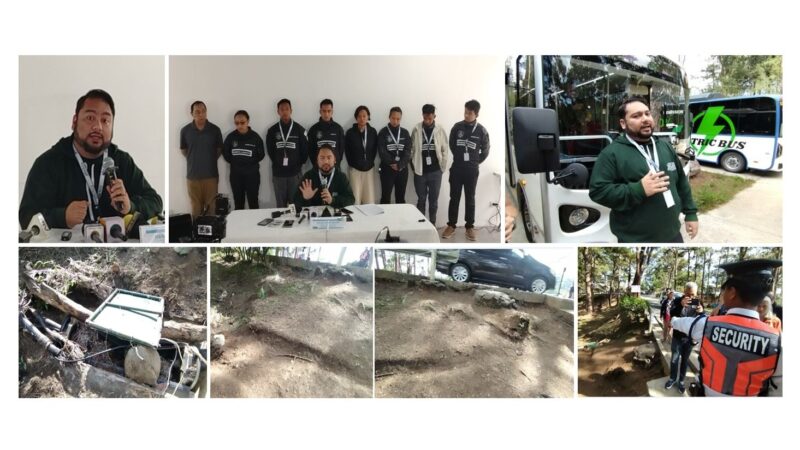Yap calls for online learning contingency

As suspension of classes continues, brought about by the monsoon rains, Benguet Representative Eric Go Yap is pressing for online learning contingency in the hopes of helping to curb the learning crisis across the country.
“It is high time to develop an online learning contingency for suspended classes. Hindi na pwede na ‘May Pasok’ or ‘Walang Pasok’ lang ang announcements. We should consider adding a category na shift to online learning when in-person classes are suspended. Hindi naman lagi, kasi minsan naman apektado din ang internet connection ng bagyo or other calamities,” said Yap.

Yap added that the possible shift to online learning could be one way of reducing the educational crisis in the country, as some students in both private and public schools struggle to recover from lost lessons due to limited remedial programs and the absence of consistent alternatives during suspensions.
While acknowledging that implementation will be difficult, Yap stressed the urgency of starting the transition, which could help preserve the academic calendar, reduce backlogs, and maintain learning momentum, even amid frequent disruptions.

“It can help maintain the academic calendar and reduce backlogs. Teachers din ang nahihirapan dahil dito. Ilang days a year ba ang average na nawawala because of disruptions? 30days? More? Masyadong marami yun. And there were instances na maaga ang suspension pero biglang maaliwalas ang weather throughout the day. So that should be taken into consideration as well,” the solon added.
According to a report from the Department of Education, the Cordillera Administrative Region (CAR) already recorded 35 class disruptions in 2024, accounting for the highest number of school days lost in the country, mainly due to natural disasters and calamities.

“We are facing a learning crisis. Frequent class suspensions will not help address this. We are a disaster-prone country, not to mention, marami din mga national and local holidays. There are way too many disruptions,” added Yap.
Several studies recently showed that the problem of class disruption has resulted in widening learning gaps, reduced engagement for both learners and teachers, an increase in drop-out risk, and even teacher burnout as some educators are forced to compress lessons into fewer days.
Yap said the shift to an online contingency mode is seen as a pragmatic solution, though not without challenges.
“But this will not be easy, we need to prioritize and invest in better digital infrastructure, teachers should be prepared as well, and a shift of mindset should happen among our students, so they are equally motivated and engaged even during online classes. Challenging and this will take time, but should we not take action now?” Yap quipped. ### Contributed Photos






